Mustard seed meal could be used as natural food preservative
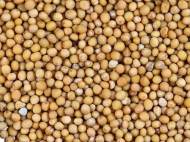 Anonymously compiled Ancient Roman cookbook from the late 4th or early 5th century reveals that Romans used to mix unfermented grape juice (must) with ground mustard seeds (sinapis) to make “burning must” (mustum ardens) — hence the name “must ard”. Its production changed over time and researchers from University of Alberta (U of A) discovered how to extract a natural food preservative from a left over after the seed is pressed for its oil.
Anonymously compiled Ancient Roman cookbook from the late 4th or early 5th century reveals that Romans used to mix unfermented grape juice (must) with ground mustard seeds (sinapis) to make “burning must” (mustum ardens) — hence the name “must ard”. Its production changed over time and researchers from University of Alberta (U of A) discovered how to extract a natural food preservative from a left over after the seed is pressed for its oil.
“Mother Nature holds all these great bioactivities ready and all we need to do is find ways to make them work for us”, said Christina Engels, who conducted the research to complete her PhD in the U of A Department of Agricultural, Food and Nutritional Science.
After the process of mustard seed pressing, the extracted oil is usually used for cooking, as infusion in soy oil, and even for making biodiesel fuel. The low priced leftover of the process, named mustard seed meal (MSM), has been investigated for various uses in last half of the decade. While other researcher groups found that it could be used as a natural fumigant (pest control) or as a selective herbicide for annual weed control.
Engels managed to add another useful function MSM could fulfill. After using ultra-high-performance liquid chromatography with diode array and electrospray ionization-mass spectrometric detection to analyze the complex components of defatted Oriental mustard (Brassica juncea L.) seed meal, U of A researchers managed to distinct sinapic acid and several sinapoyl conjugates among the components.
After alkaline hydrolysis process, where a strong was applied to break down the components of the mustard seed meal, the researchers managed to isolate the sinapic acid. Sinapic acid has been shown to poses antibacterial effects against such strains as Staphylococcus aureus, E. coli and Listeria monocytogenes, all of which can cause severe illness or even death.
“That means the mustard seed meal can be used as a source for natural food preservatives”, said Engels. “If there are consumers out there who want natural products, this would give them that option.”
Since most companies don’t have the complex technology required to sort through the many compounds in plant extracts, the discovery enables quantification of the bioactivity of the extracts with standard instrumentation.
Engels believes plant extracts offer huge potential for health benefits related to their antimicrobial, anti-inflammatory and antioxidant qualities.
For more information, read the article published in the journal European Food Research & Technology: “Sinapic acid derivatives in defatted Oriental mustard (Brassica juncea L.) seed meal extracts using UHPLC-DAD-ESI-MSn and identification of compounds with antibacterial activity”.

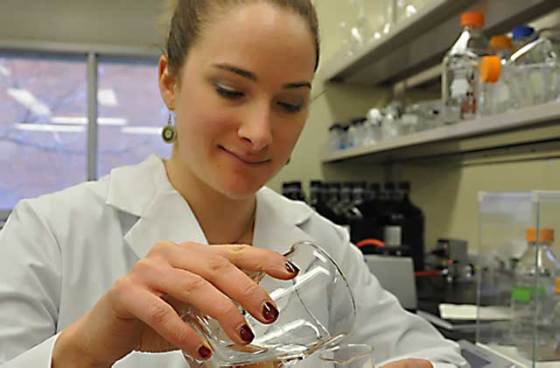
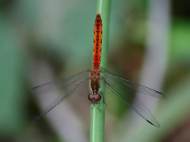

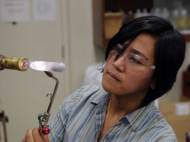
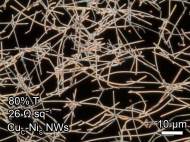

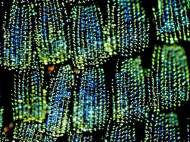
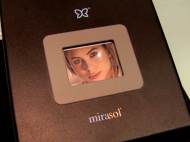
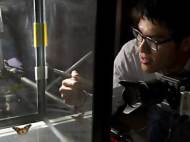
Great :)